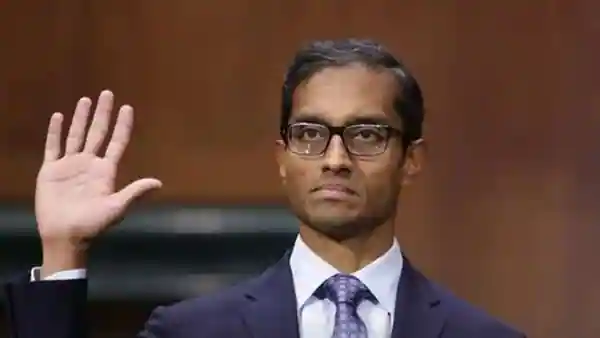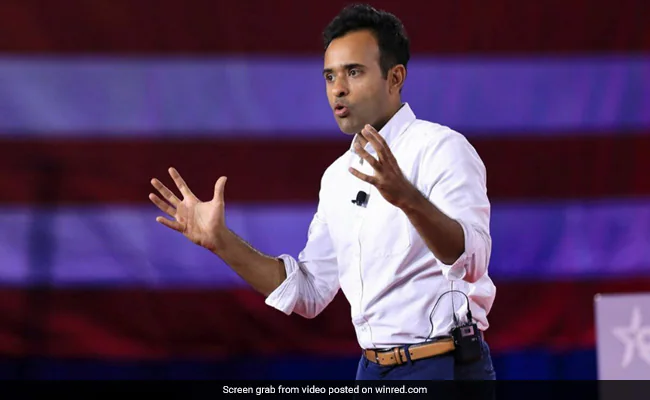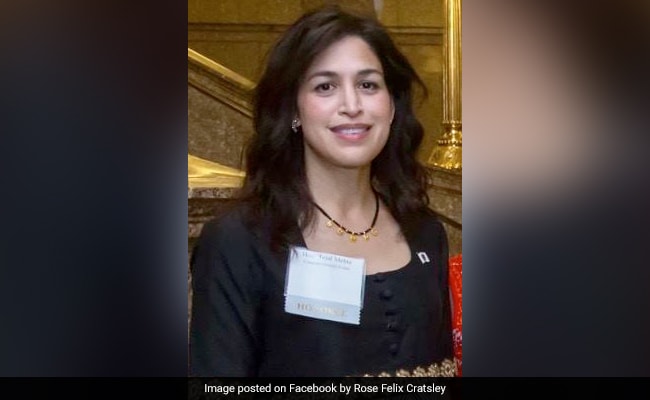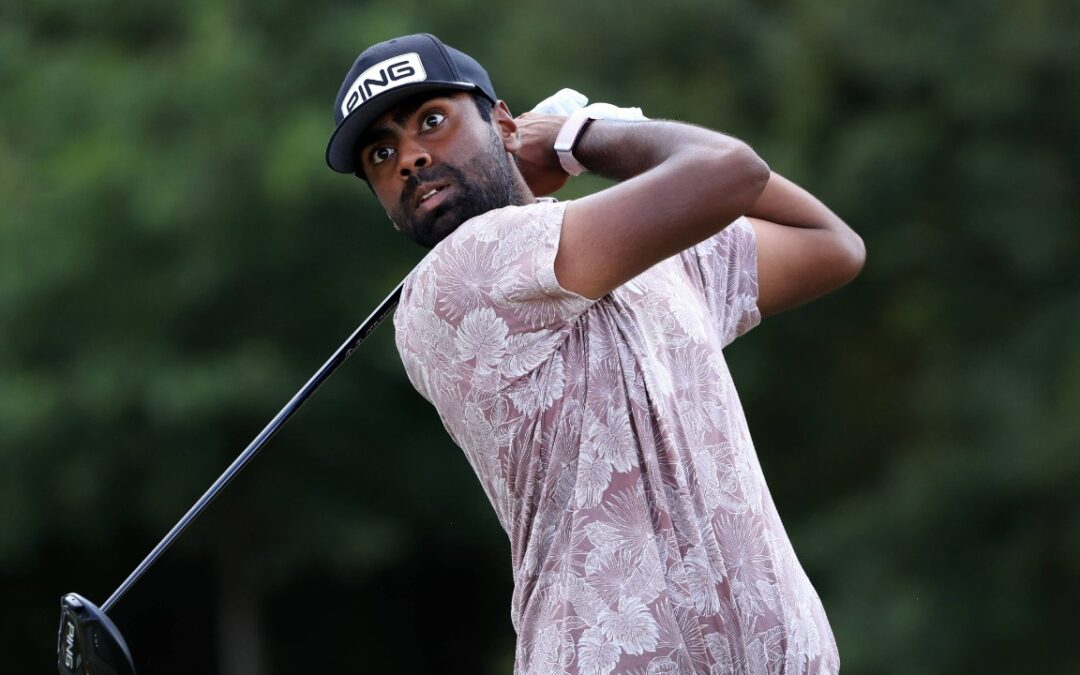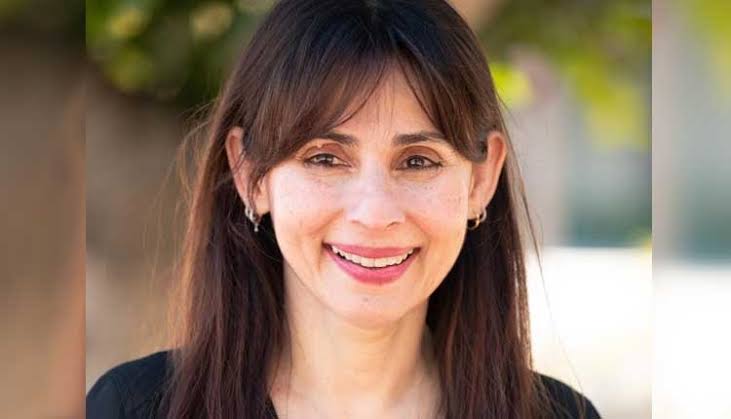Three secular religions — race, sex and climate — have put the United States in a choke hole today, GOP presidential aspirant Vivek Ramaswamy has told his fellow conservative Republicans and proposed ideas of dismantling the Department of Education along with the FBI and banning American companies doing business with China if he is elected as the president of the country in 2024.
“The Declaration of Independence of today is our declaration of independence from China. If Thomas Jefferson were alive today, that is the Declaration of Independence he would sign. That is the Declaration of Independence I will sign if I am elected as your next president,” Mr Ramaswamy, 37, said in his address to the Conservative Political Action Conference (CPAC) — the top annual event of the Republican Party and its support base.
In his first major address from a national stage of the CPAC, Mr Ramaswamy, who announced his decision to enter the 2024 race to the White House last week, noted that he is inspired by former president Donald Trump, 76, and his “America first” vision. It is time to identify the issues and work aggressively towards them, he observed.
In his 18-minute speech, Mr Ramaswamy said “three secular religions have America in a choke hole today”.
The first of them is this “woke racial religion” that says someone’s identity is based on his skin colour. “That if you are black, you are inherently disadvantaged. That if you are white, you are inherently privileged no matter your economic background or your upbringing. That your race determines who you are and what you can achieve in life,” he said.
This has created “this new culture of fear in America”, combining with the “second secular religion” that says the “sex of the person you are attracted to has to be hardwired on the day you were born” but your own biological sex is completely fluid over the course of your lifetime”.
“It makes no sense unless it is a religion. It does not match up to reason, it matches up to religion. And then it makes the same move as the first religion,” Mr Ramaswamy said.
The third one is the climate religion in America that says that “we have to fight carbon emissions at all costs in the United States while we shift those same carbon emissions to places like China that supposedly, even if you believe in this religion, you would have embraced nuclear energy, which is the best form of carbon-free energy production known to mankind”.
“And yet these people oppose nuclear energy. What is really going on is that the climate religion has about as much to do with the climate as the Spanish Inquisition had to do with Christ, which is to say nothing at all. It is about power, dominion, control, punishment and apologising for what we have achieved in this country and the modern West as we know it,” Mr Ramaswamy said amidst applause from the audience.
The US, he said, is in the middle of a national identity crisis.
“Take it from me. I am 37 years old. I am a millennial. I was born in 1985. I will tell you this, my generation, really every generation of Americans today, we are so hungry for a cause. We are hungry for purpose and meaning and identity at a point in our national history when the things that used to fill our hunger for purpose, faith, patriotism, hard work, family — these things have disappeared,” he said.
“We are hungry to be part of something bigger than ourselves, yet we cannot even answer the question of what it means to be an American today. This is an opportunity for the GOP. This is an opportunity for the conservative movement to rise to the occasion and fill that void with a vision of American national identity that runs so deep that it dilutes this woke poison to irrelevance,” he said.
Mr Ramaswamy said he is all in on the “America first” agenda. “Believe me, I am an America first conservative. I will not apologise for it. But to put America first, we now need to rediscover what America is. And that is why last week I announced my run for US president to deliver a national identity that we are missing in this country,” he said.
“This means that you believe in merit, that you get ahead in this country, not on the colour of your skin, but on the content of your character and your contributions. And that is why as the US president, I have pledged to get rid of affirmative action in this country once and for all. It is a national cancer on our soul,” he said.
The Indian American said he would ban US companies from doing business in China.
“I think it is important to be honest. If we want to declare independence from China, that means we got to be willing to ban most US businesses from doing business in China until the CCP (Chinese Communist Party) falls or until the CCP radically reforms itself. Because there is no easy way out other than taking that band-aid and ripping it right off,” he said.
“I am sorry Henry Kissinger. We are done with your experiment. In America, it is the only way out. We got to start thinking on the time scales of history, not the time scales of electoral cycles. We do not need Chamberlain, we need a little bit of Churchill in this country. If you are willing to make a sacrifice, the chances are you will never have to make it because the other side will fall first,” he asserted.
In his speech, Mr Ramaswamy also called for dismantling the Department of Education and the Federal Bureau of Investigation (FBI).
“I have already said last week, the first agency we will shut down and need to shut down in the United States is the US Department of Education. It has no reason to exist. Never should have existed.
“And today, I am ready to announce the second government agency that I will shut down in this country we should have done at least 60 years ago. It has hurt Republicans and Democrats alike. We are going to get it done as finally, it is time to shut down the FBI in America and create something new to take its place because we are done with the J Edgar Hoover legacy to let this be a self-governing nation again,” he said.
